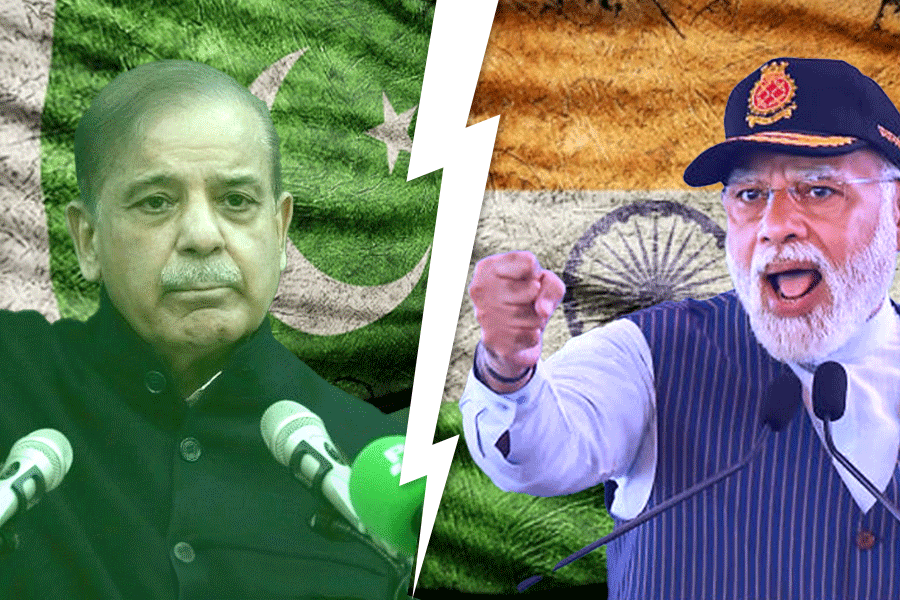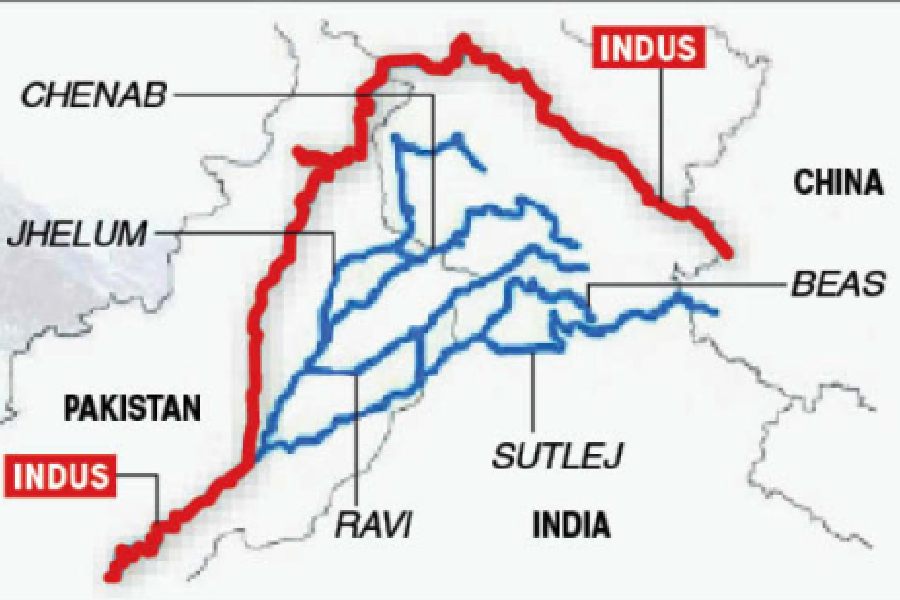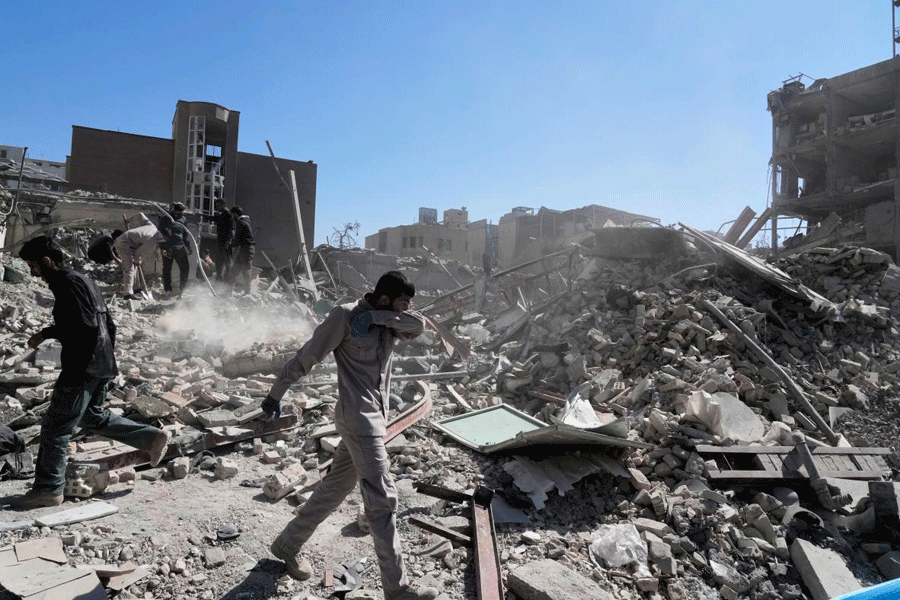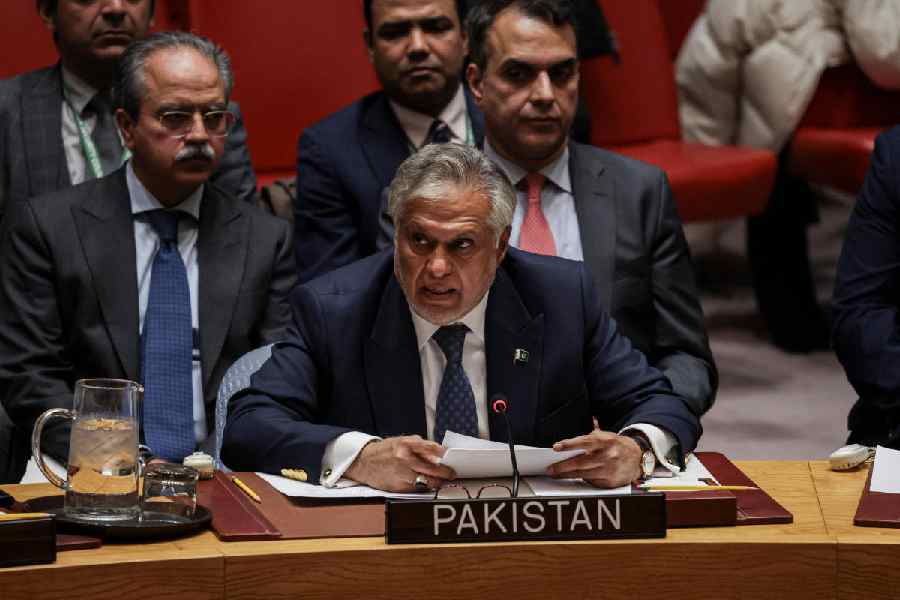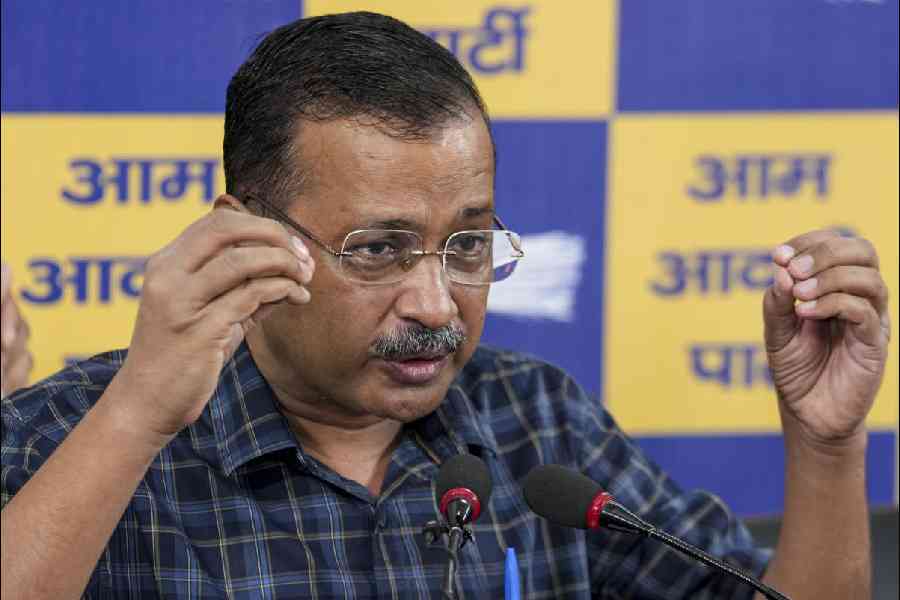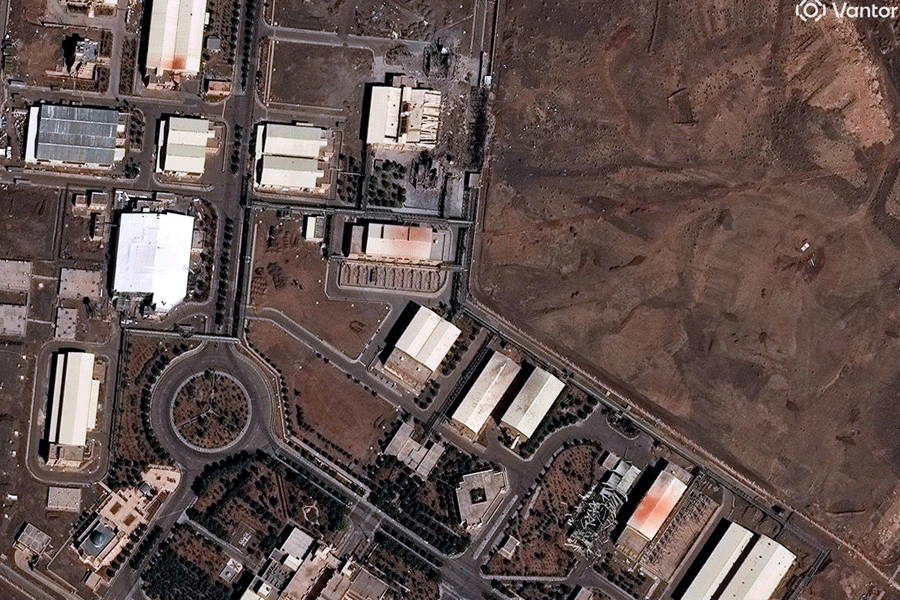A rare consensus seems to have emerged in Pakistan to blame India and spin a narrative of ‘aggression’ by Delhi in the aftermath of the massacre in Pahalgam’s Baisaran valley that killed at least 26 people, mostly tourists, in the worst terrorist attack of its kind in recent times in Jammu and Kashmir.
The Narendra Modi government announced a series of punitive measures against Islamabad, including the suspension of the Indus Waters Treaty (IWT), on Wednesday, a day after the attack that has left India shaking with grief and rage.
At an all-party meeting convened Thursday by the Modi government to discuss the terror attack, the Opposition also extended full support for “any action” to punish those responsible..
Across the border, too, politicians – from national and provincial assemblies to ex-prime ministers and separatist sympathisers – have united to condemn India.
Pakistan has already said that any attempt by India to stop or divert water under the Indus Waters Treaty will be deemed as an act of war.
Pakistan’s National Assembly Speaker Ayaz Sadiq said the Indus Waters Treaty could not be terminated unilaterally “under any circumstances.”
“The World Bank stands as a guarantor of the Indus Waters Treaty,” he said, and insisted that Pakistan “will not allow any unilateral alterations to the agreement,” as reported by the Pakistani English daily Dawn.
PPP leader Sharjeel Memon branded India’s move an “act of open aggression,” accusing Delhi of violating international law and regional peace.
“India has previously resorted to false flag operations during international visits and on significant occasions to divert global attention from its own atrocities and injustices,” Memon said. “Years ago, during US President Bill Clinton’s visit to India, the Indian government orchestrated a false flag operation, resulting in the bloodshed of innocent Sikhs. Now the same tactic is being repeated in Pahalgam.”
Muttahida Qaumi Movement (MQM-P) leader Dr Khalid Maqbool Siddiqui claimed Pakistan has never elected a religious extremist, unlike India. "India has been under the rule of Hindu extremists for over a decade, rendering its claim to being a secular state meaningless," Siddiqui declared.
The senior party leader described the suspension as “water aggression” and insisted that Modi’s government has no authority to walk out of an international agreement.
Pakistan Tehreek-e-Insaf's Haleem Adil Sheikh claimed India is engaging in “water terrorism.”
“Canada has already declared the Modi government as terrorists, and similar activities have been traced to Indian agents in the United Kingdom,” Sheikh said.
Former Pakistan prime minister Shahid Khaqan Abbasi urged Pakistan to respond strongly and not repeat “the mistakes” of 2019. That year, India stripped Jammu and Kashmir of its special status.
“But at the same time, we will have to put our house in order for a strong and united stand in a situation like this. And for this, we need political stability and consensus on all major issues,” Abbasi said.
Even provincial governments jumped in.
Azad Jammu and Kashmir's PM Chaudhry Anwarul Haq warned of a “crushing response” if India dares a “misadventure” across the Line of Control.
Gilgit-Baltistan’s CM Haji Gulbar Khan accused India of being “stubborn.” He said that from the Himalayan mountains to the coast of Karachi, every entity will give a strong reply to Indian stubbornness.
Gilgit-Baltistan's Opposition leader Kazim Mesum compared PM Modi to Israel’s Netanyahu, alleging expansionism and anti-Muslim policies.
“We will never allow the violation of Gilgit-Baltistan’s borders,” Mesum said.
An editorial in Dawn called India’s treaty suspension “a crime against humanity.”
“As an agrarian state and the lower riparian, with millions depending on river waters for their livelihood, this is a matter of life and death,” the editorial said. “Much will depend on which path India takes; the one of wisdom and reflection, or the one of jingoism and unending conflict.”
It labelled India’s media “jingoistic” and accused New Delhi of “sabre-rattling.”
“If New Delhi continues on its current path of sabre-rattling, or worse, indulges in military adventurism, the ensuing events may spell disaster for the region. If India continues to deny Kashmiris their fundamental rights, the cycle of violence will continue, and ties with Pakistan will remain bitter,” it said.

